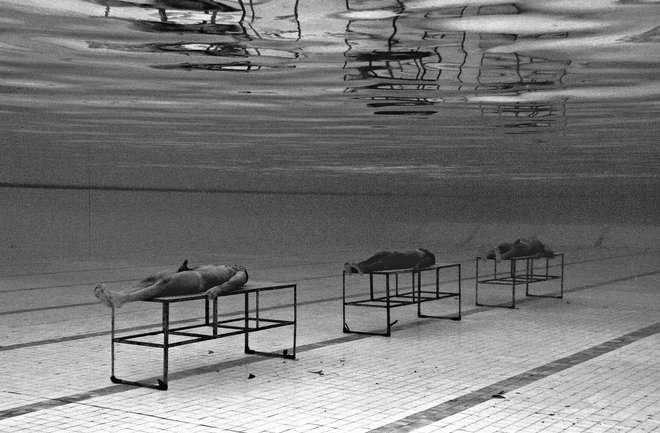 3.5/5 stars
3.5/5 stars
Get ready to shed a few tears. The story of the workers who got trapped inside a Chilean mine back in 2010 gets the Hollywood treatment in The 33, a touching tale of hope and family bonds.
Antonio Banderas stars as Mario, the leader of the 33 miners. After the mine collapses, they take refuge 200 storeys underground and find themselves trapped with very little food and water. It’s only a matter of time until all kind of tensions start to arise.
On the outside, the relatives of the miners are desperate for answers, but neither the mining company nor the government seem to be working fast enough to rescue them. Rodrigo Santoro and Gabriel Byrne play the guys that are leading the rescue efforts, while French actress Juliette Binoche plays María, a local vendor that has a conflicted relationship with her alcoholic brother, one of the trapped miners.
Co-produced by the United States, Chile and Colombia, the exterior scenes were shot in Chilean territory, while the underground parts were shot in the caves of Nemocón, just outside Bogota. In recent years, Colombia has been attracting foreign production companies by making it easier and cheaper to shoot films here using highly trained local talent and the diverse geography.
For instance, two Colombian actors are part of the main cast: telenovela heartthrob Juan Pablo Raba, who has been getting Hollywood attention for his portrayal of Pablo Escobar’s closest confidante in Netflix drama Narcos, amongst other things, and Gustavo Angarita, one of the most experienced actors in Colombian television, theatre and film.
People seem to relate deeply to stories of real life survivors. Movies like 127 Hours (2010) and The Impossible (2012) have received plenty of critical acclaim and box office success with their gripping storytelling. In The 33, Mexican director Patricia Riggen takes a more sensitive approach, focusing on human interaction in extreme conditions rather than the shock of the disaster itself. The struggle of the men underground and the suffering of the families on the surface are portrayed in a captivating way.
On the downside, the movie becomes overly dramatic at times, almost trying too hard to make us cry with long close-ups on sad faces and a fair amount of cheesy dialogue. Also, the entire movie is in English – broken English – with some kind of stereotypical “hispanic” accent that makes the film a bit cartoony, all in the name of subtitle-phobia.
However, the quality of the production makes it work as an enjoyable family movie with an inspiring message that’s worth taking in. It is also, in a more subtle way, a commentary on the exploitation of mine workers, who risk their lives on a daily basis to dig out the wealth that often goes to someone else’s pocket.





